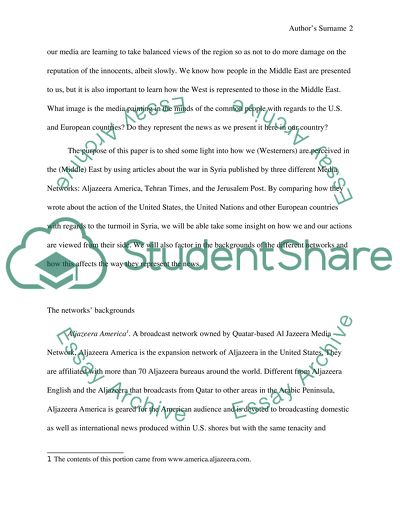Cite this document
(“How the East views the World: As reflected by media coverage of the Research Paper”, n.d.)
How the East views the World: As reflected by media coverage of the Research Paper. Retrieved from https://studentshare.org/journalism-communication/1493016-the-civil-war-in-syria
How the East views the World: As reflected by media coverage of the Research Paper. Retrieved from https://studentshare.org/journalism-communication/1493016-the-civil-war-in-syria
(How the East Views the World: As Reflected by Media Coverage of the Research Paper)
How the East Views the World: As Reflected by Media Coverage of the Research Paper. https://studentshare.org/journalism-communication/1493016-the-civil-war-in-syria.
How the East Views the World: As Reflected by Media Coverage of the Research Paper. https://studentshare.org/journalism-communication/1493016-the-civil-war-in-syria.
“How the East Views the World: As Reflected by Media Coverage of the Research Paper”, n.d. https://studentshare.org/journalism-communication/1493016-the-civil-war-in-syria.


